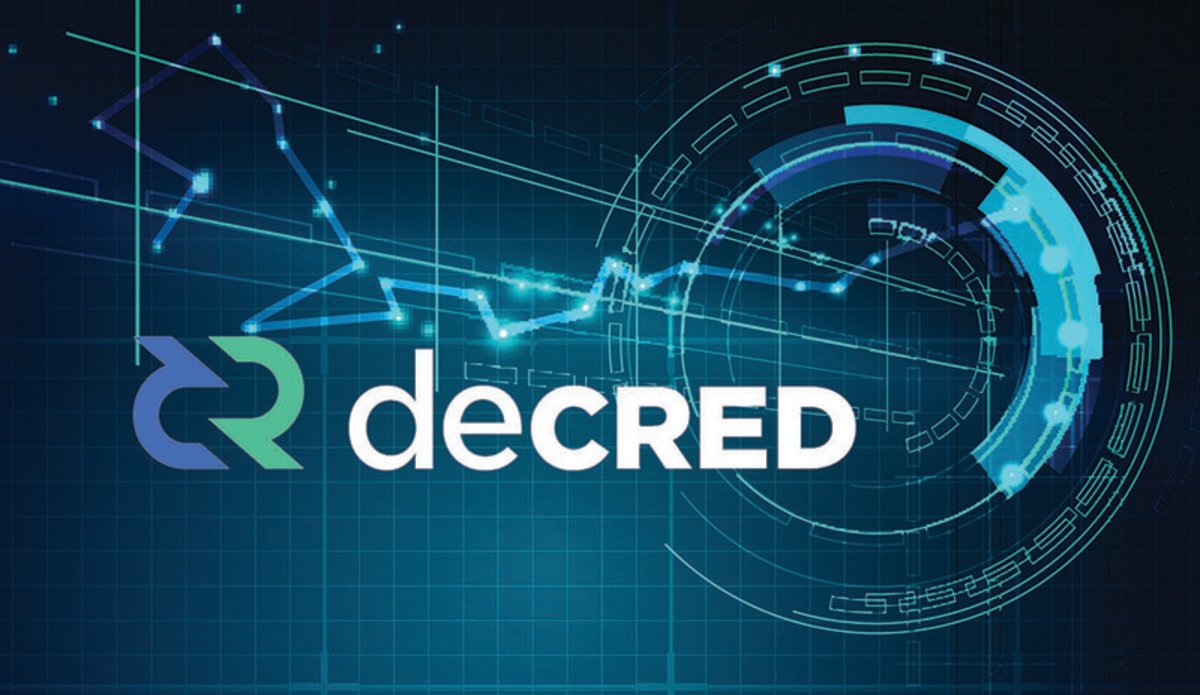
Decred, which describes itself as an autonomous “digital currency for the people,” is announcing the launch of an “intelligent” blockchain proposal system. Powered by Politeia, a stand-alone tool for off-chain data storage, the system allows anyone in the community to submit a formal proposal for the evolution of the Decred platform. This proposal is time-stamped, versioned and permanently stored in an off-chain repository to promote transparency and eliminate the possibility of censorship.
“Decred is Bitcoin as it should have been,” argued crypto investor Jon Creasy. According to Decred evangelists, Bitcoin was conceived as a decentralized community project, but, today, it’s de-facto controlled by an oligarchy of top developers and miners and vulnerable to pressures from powerful external actors.
The Decred project wants to build a more open and progressive cryptocurrency with a system of community-based governance integrated into its blockchain.
"We are more committed than ever to a sustainable and fair system of governance," said Jake Yocom-Piatt, Decred Project Lead. "For Decred, Politeia will provide an off-chain public record of proposals, comments on proposals, and stakeholder votes. Although Decred will be using Politeia in a public capacity, it can provide similar utility as a private unalterable store of data. Public and private use-cases include document and record storage, reputation and identity systems, and supply chains."
The Decred team wants to create an ideal infrastructure for self-governance of a cryptocurrency. Politeia, named after a classical Greek term that can be translated as “system of government,” is an off-chain store of data, both versioned and time-stamped (in other words, “git plus timestamping”). While Politeia will initially be used in Decred’s proposal system, it has been developed as a generic tool that allows its users to create and maintain arbitrary data in a version-controlled and time-stamped environment.
Time stamps and proposal anchors
All proposals for the evolution of the Decred platform, initially formatted as text with markdown and PNG images, will be stored in Politeia with version control and time stamps anchored in the blockchain. Proposal anchors in the Decred blockchain include a transaction hash and a merkle path to indicate that a particular git commit hash existed before the time stamp on the next anchor in its repository.
"In addition to powering our proposal system, Politeia has been developed as a stand-alone tool that allows its users to create and maintain arbitrary data in a version-controlled and timestamped environment,” Yocom-Piatt told Bitcoin Magazine. “Although it does depend on using a dcrtime server for creating time stamps, Politeia does not require users to hold any decred, and we believe it has a wide array of potential applications, e.g. for records storage, identity systems, supply chains and other provenance-driven domains. Open sourcing this technology will bring the real-world utility that is necessary to attract a broad community of users."
According to Yocom-Piatt, having cryptographically verifiable public records will give users of Politeia the assurance that their governance is being executed in a transparent fashion, with all records independently verifiable and stored in a format that is difficult to forge. “By making Decred's governance data time-ordered in a verifiable fashion, we ensure that attempts to manipulate Decred's governance, either from outside or within, will be much more difficult than when using a conventional website or similar,” notes Yocom-Piatt.
Any proposal submitted to Politeia that is censored can be publicly demonstrated as having been censored, creating accountability for the administrators of the proposal system and avoiding “one of the more insidious and common practices of modern social media sites, where data is silently censored.”
Comments on proposals, editing proposals and voting on proposals will be added to the Politeia platform. Decred is also announcing a competition for projects based on Politeia with winners to be announced at an event in Austin, Texas, on December 1, 2017. The prizes for 1st, 2nd and 3rd place will be the equivalent of $10,000, $5,000 and $2,000, respectively, paid in decred.










